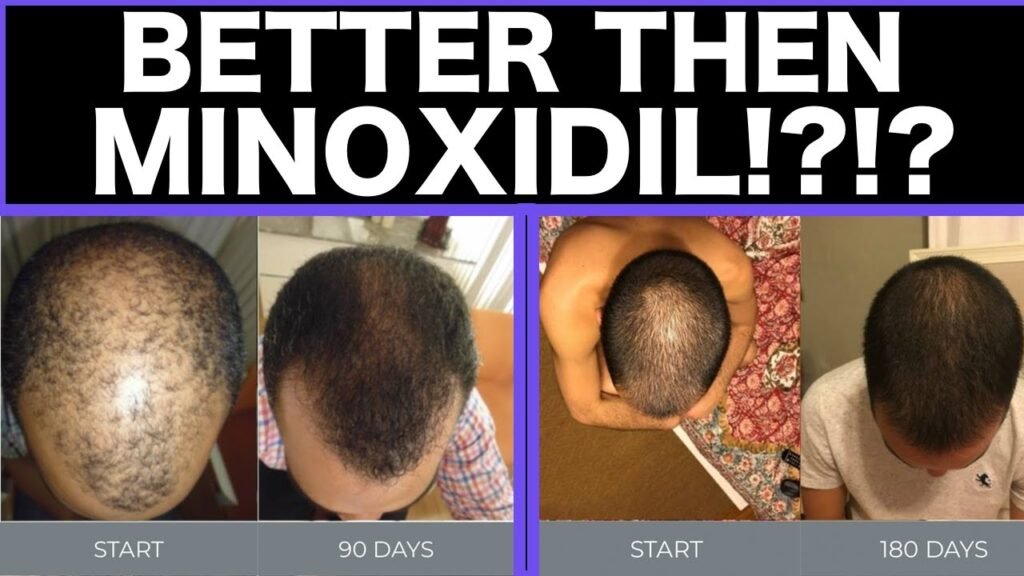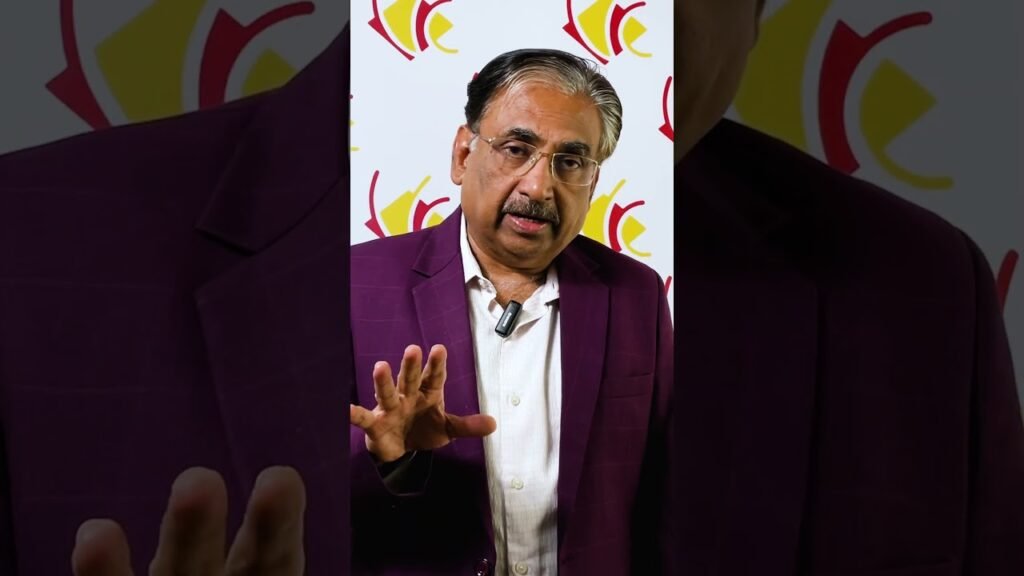Which gives better results: Minoxidil vs castor oil
When it comes to hair growth treatments, both Minoxidil and castor oil are popular choices, but they serve different purposes and yield varying results. Minoxidil, an FDA-approved medication, is widely used to treat hair loss and stimulate hair regrowth. It works by improving blood flow to hair follicles, thereby revitalizing shrunken hair follicles and extending the growth phase of hair. This makes it particularly effective for conditions like androgenetic alopecia, commonly known as male or female pattern baldness. Users often report noticeable improvements in hair thickness and density within three to six months of consistent application.
On the other hand, castor oil is a natural remedy that has been traditionally used for enhancing hair health. Rich in ricinoleic acid and essential fatty acids, castor oil is believed to moisturize the scalp, reduce dandruff, and improve hair elasticity. While there is limited scientific evidence supporting its efficacy in stimulating hair growth, many people anecdotally claim that regular use of castor oil leads to stronger, shinier hair. However, it is important to note that castor oil may not be as effective in treating genetic hair loss conditions compared to Minoxidil.
Comparing Effectiveness
When comparing the effectiveness of Minoxidil vs castor oil, it is essential to consider the underlying cause of hair loss. Minoxidil is clinically proven to promote hair growth in cases of genetic hair loss and has a robust body of research supporting its use. Its ability to produce visible results makes it a go-to option for those dealing with hereditary hair thinning. Castor oil, while beneficial for overall hair health, may not offer the same level of efficacy in regrowing hair where follicles are inactive or significantly miniaturized. Therefore, individuals seeking to address specific hair loss conditions might find Minoxidil to be a more effective solution.


